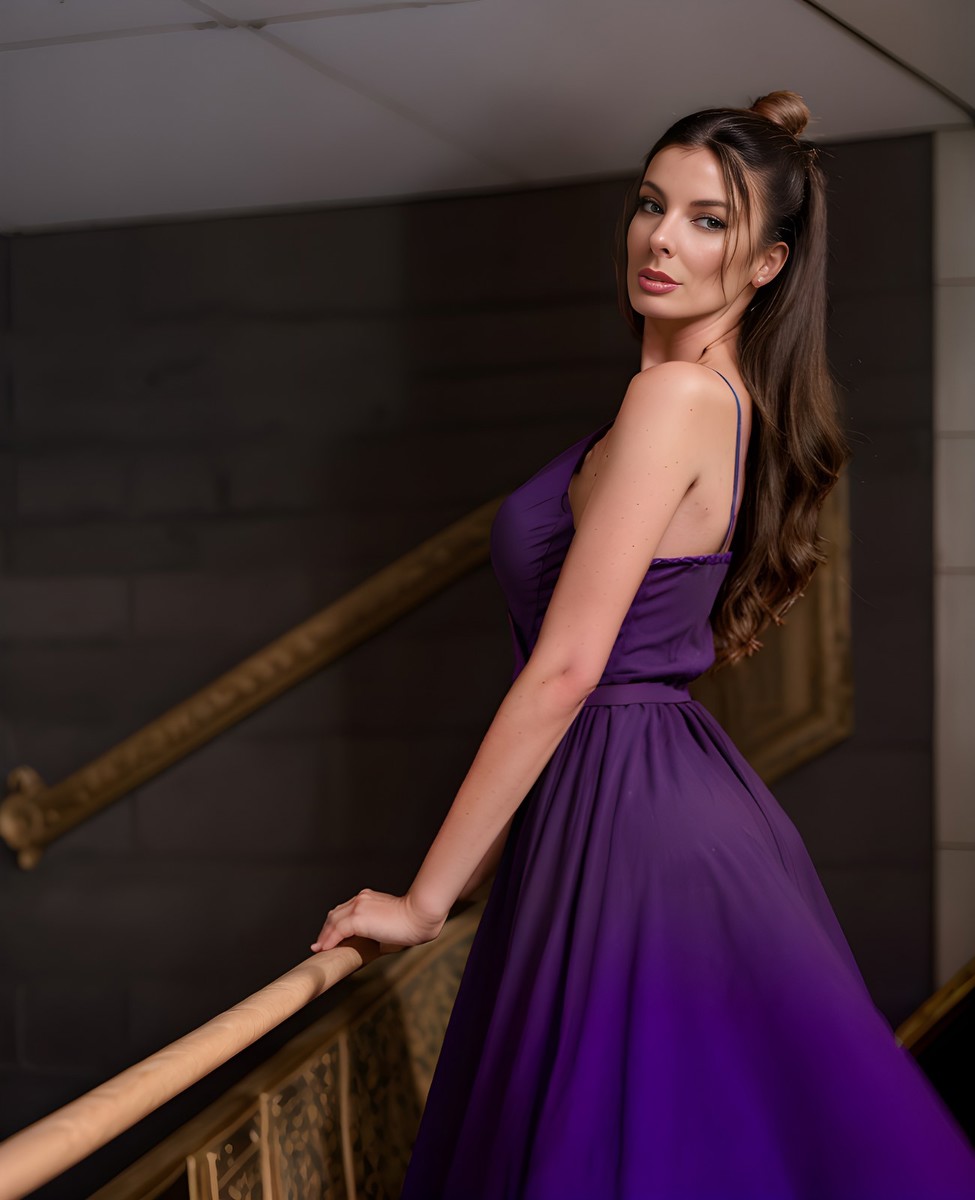vAIsual Launches First Commercial LoRa Model For Virtual Actor Instances
 Virtual Actor Instance of Kate Purt
Virtual Actor Instance of Kate Purt
LoRa (Low Rank Adaptation) is a new technique in AI that fine-tunes deep learning models by reducing the number of trainable parameters and enables efficient task switching. Unlike Large Language Models (LLMs), LoRas can be trained on relatively small amounts of data.
As the burgeoning AI industry begins to embrace LoRas, vAIsual has introduced a commercially-clean version. This iteration utilizes training data obtained with the explicit and full consent of the individual identity on which the LoRa is grounded. The special agreement, called the Commercial RAIL (Responsible AI License) was adapted by vAIsual from the Open RAIL license, originally created for the open source community.
“As professionals in the stock media business, we knew it was critical to ensure all rights for generative usages are clearly documented and there is no doubt who owns what and who gets paid,” says vAIsual CEO, Michael Osterrieder.
The recent scandal involving Taylor Swift and hundreds of fake porn images shared on social media escalated the new Preventing Deepfakes of Intimate Images Act in the USA, designed to combat this kind of exploitation.
With national and local jurisdictions lagging behind in NIL (Name, Image, and Likeness) laws, it's noteworthy that only a few commercial brands are willing to take even the slightest risks in utilizing AI replicas of celebrities and well-known personalities to promote their products or services.
“On one hand people were wowed at the quality and near fidelity to photography of generative AI. On the other hand, there was an outcry over the lack of permissions and legal framework. We saw an opportunity to help public figures participate in the revenue from this new media, as well as controlling how and when they are used,” says Osterrieder.
According to Osterrieder, “Over the past year we have witnessed the explosion of generative AI, and along with it, the increasing abuse of personality rights.”
 Virtual Actor Instance of Kate Purt
Virtual Actor Instance of Kate Purt
vAIsual’s Virtual Actor Instance provides a way for fashion models, personalities and stars to regain control over their image and identity, and make some money at the same time.
With the Virtual Actor Instance people can build their own LoRa model, control how it is used, and receive revenue when it’s used commercially.
Similar to music recordings, well-known identities need to clear the rights from the photographer or videographer who captured the source images. vAIsual works with personalities to ensure all legal rights are in order, then, on a technical level, prepares the dataset and trains the LoRa.
 Virtual Actor Instance of Kate Purt
Virtual Actor Instance of Kate Purt
This first commercial LoRa, VAI Kate, was trained on thousands of images of Budapest-based model Kate Purt. Ms Purt modeled for dozens of photographers who contributed their images to the training dataset sold commercially on www.datasetshop.com.
The legitimacy of copyright claims made by artists who protest against the illegal harvesting of their images for AI training is now more likely to lead to adverse consequences for tech companies engaging in scraping, rather than obtaining licenses for their training materials. This shift is attributed to the increasing prominence of NIL (Name, Image, and Likeness) and the right of publicity in influencing outcomes.
Osterrieder highlights that with the daily exposure of AI and the associated risks of deep fakes in the news, there is a significant upside. He emphasizes the immense potential for personalities to capitalize on AI by licensing out their LoRa models. This approach allows them to substantially increase the frequency of their likeness being employed in various domains such as advertising, education, and entertainment.
LoRas are expected to empower thousands of new entrants into AI, making it possible to train with far less training material and GPU power. Osterrieder predicts there will be millions of very task specific domains addressed by LoRa models developed for that purpose.
About vAIsual
Founded by Michael Osterrieder, Nicolas Menijes,Mark Milstein and Istvan Novak, vAIsual pioneered the first images of synthetic humans for the stock industry, and later launched the DatasetShop; the world’s first and largest marketplace for legally licensable biometric and non-biometric data for the generative AI space.
vAIsual seamlessly oversees the entire AI workflow; encompassing dataset generation and delivery, optimizing training sessions, and the creation of synthetic media via legally clean models and solutions.
Useful Links:
